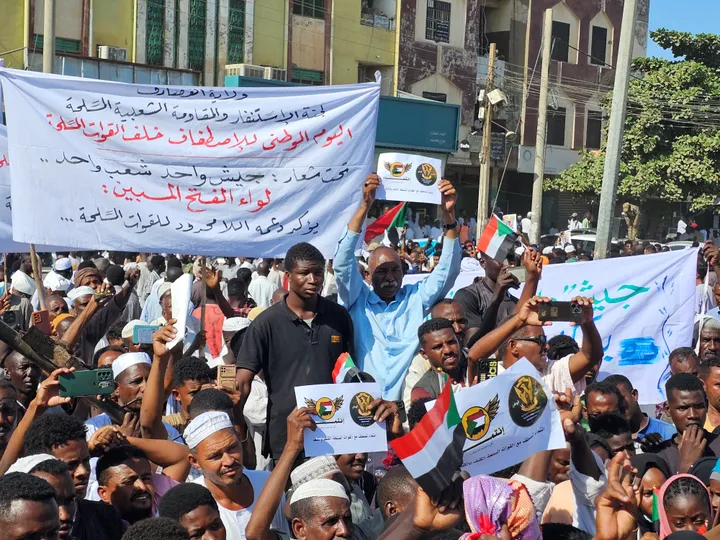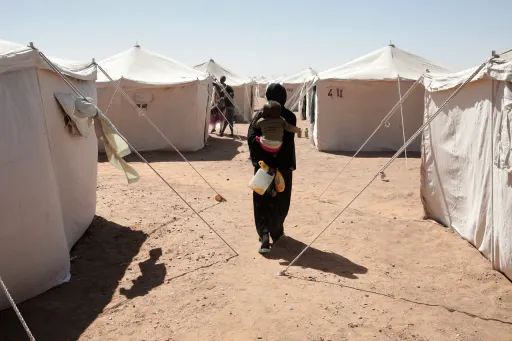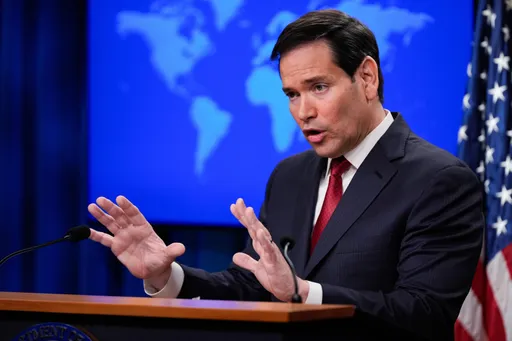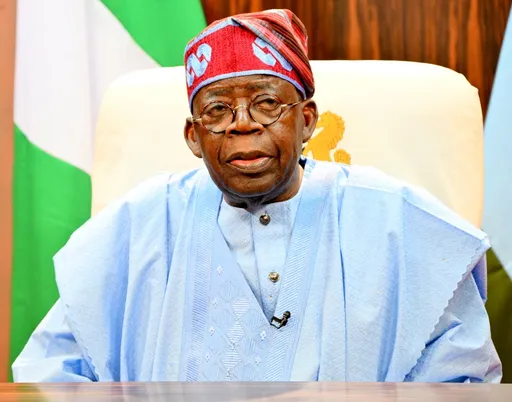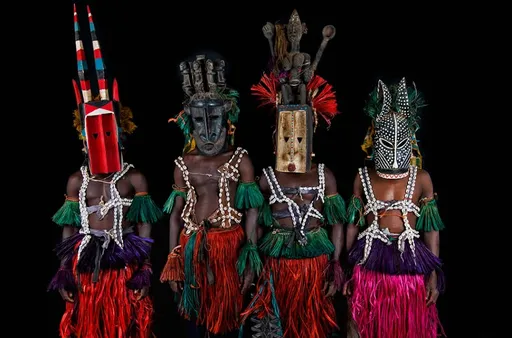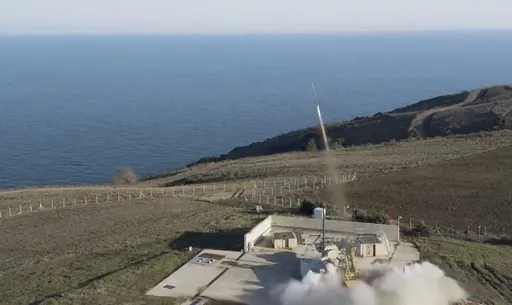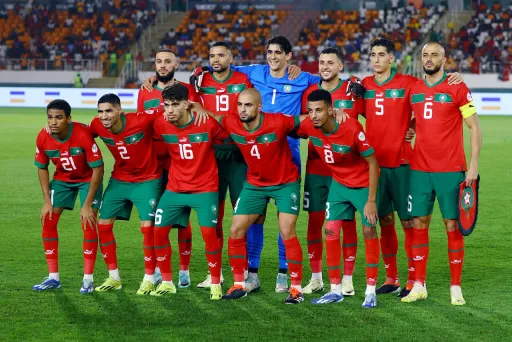By Hamza Kyeyune
Bilateral cooperation between Türkiye and Africa has gained unprecedented momentum since Ankara was granted observer status at the African Union in 2005.
This win-win approach at the heart of Türkiye's foreign policy has already seen more than 40 African states establish embassies in Ankara.
The diplomatic mark-up has seen Türkiye's trade volume with Africa surge to $40.7 billion in 2022, marking a quantum leap from $5.4 billion before 2005.
The figure is projected to hit $50 billion after data is collated for the year gone by, according to the Turkish Foreign Economic Relations Board (DEIK).
At the recent 4th Türkiye-Africa Business and Economic Forum in Istanbul, DEIK president Nail Olpak said the first goal was $50 billion (TL 1.39 trillion) worth of trade annually and then $75 billion annually.
In keeping with the forum's theme — "Addressing Challenges, Unlocking Opportunities: Building Stronger Türkiye-Africa Economic Partnerships" — Olpak said the way forward was to build new bridges of cooperation and remove the roadblocks to a common goal.
Turkish trade minister Omer Polat said the consistency of effort was reflected in the country's trade volume with the African continent soaring 7.5 times since initiating the "Strategy for Commercial and Economic Relations with African Countries" in 2003.
He added that Turkish investments in Africa had reached $10 billion and that Turkish investors were creating employment opportunities for hundreds of thousands across the sprawling continent.
Infrastructural push
Turkish companies are rapidly expanding in the African infrastructure sector, triggering a tidal shift that has seen the leading contractors begin to cede ground to a new batch of challengers.
Major Turkish construction companies, such as Istanbul-based Yapi Merkezi, have been involved in projects across the continent, building houses, stadiums, convention centres, hospitals and shopping malls.
At the start of 2023, the Ugandan government pitched Yapi Merkezi to build a 273-km-long (170 miles) section of the standard-gauge railway line from the Malaba border post between Uganda and Kenya to Kampala at an estimated cost of $2.2 billion.
This railway line was supposed to be built by the China Harbour Engineering Company. After eight years of status quo, Uganda opted for Türkiye's Yapi Merkezi to take over the project and see it through.
The same Turkish company secured a bid in Ethiopia, one of Africa's fastest-growing economies, to construct a 3,910-km (2,430 miles) modern train line with 12 tunnels, 51 bridges, 14 overpasses and one underpass.
This line is crucial for landlocked Ethiopia to access the sea and major trade routes passing through the Bab al Mandab Strait.
Yapi Merkezi also secured a Tanzanian project to construct a railway line that would connect Dar es Salaam to Morogoro, enabling a ground speed of 160 kmph (99 mph), and a 1,224-km railroad meant to link the Democratic Republic of Congo and Uganda to the Indian Ocean.
These projects, cumulatively worth $3 billion, indicate that Turkish companies pose a formidable challenge to traditional dominant Western companies in Africa.
Turkish companies also built the Tripoli Convention Centre in Libya, the Kigali Convention Centre in Rwanda, the Parliament building in Cameroon, and the Dakar Arena, a state-of-the-art multisport complex in Senegal with a 15,000-strong seating capacity.
The Dakar International Conference Centre, Blaise Diagne International Airport in Senegal, and Niamey Airport in Niger are among the other prominent projects.
Polat Yol Yapi, a Turkish construction company with a global presence, is currently upgrading the 92-km Muyembe-Nakapiripirit road linking Uganda to Kenya and South Sudan with Ethiopia.
Potenza Lubricants and Acıbadem Healthcare Group are among the other robust Turkish companies helping improve Uganda's transportation network and healthcare system, creating jobs requiring skills, stimulating local businesses and laying the foundation for long-term economic growth.
Big numbers
According to the Turkish Contractors Association, construction firms from Türkiye currently account for 17.8% of the international construction business in Africa.
This marks a significant shift, given that mega contracts previously awarded to Western countries are now falling into the hands of the Turkish workforce.
According to data from DEIK, Turkish contracting companies have completed 1,864 projects on the African continent in different sectors, with a total investment of $85.4 billion.
In Uganda, for example, Türkiye's investment in infrastructure projects can be leveraged in other parts of Africa to tackle infrastructural disadvantages and structural deficiencies that impede the capacity to engage successfully in international commerce.
Khalid Abdallah, a civil engineer, believes that Türkiye enjoys the edge in Africa because of its proximity to the continent and business model aligning with Africa's development agenda.
"If Africa can strategically leverage its partnership with Türkiye, it will realise accelerated infrastructural development, economic growth and a more prosperous future for its citizens," he tells TRT Afrika.
Trade and cooperation between Türkiye and Africa could springboard as more African countries, including Egypt and Ethiopia, join BRICS in January 2024. Türkiye is expected to participate in 2025, which analysts say would further strengthen mutual trade development.
➤Click here to follow our WhatsApp channel for more stories.



